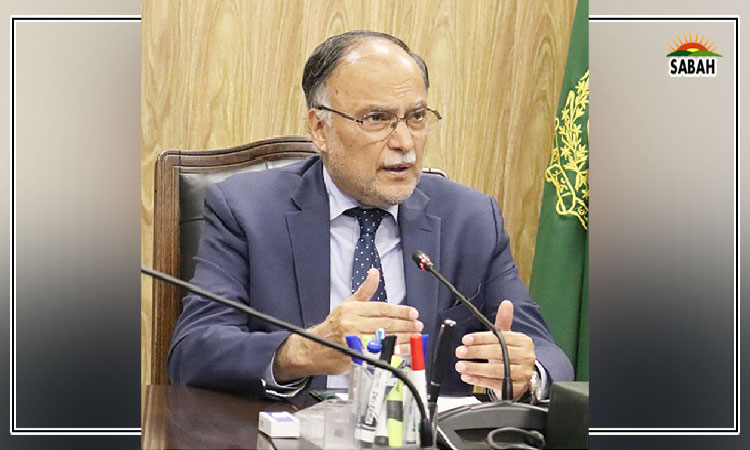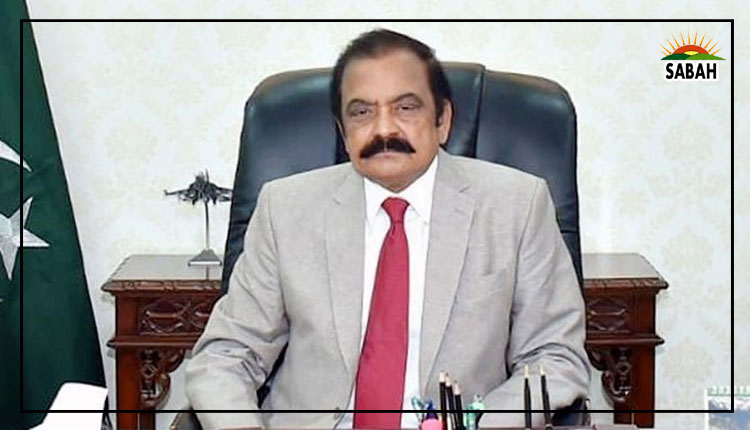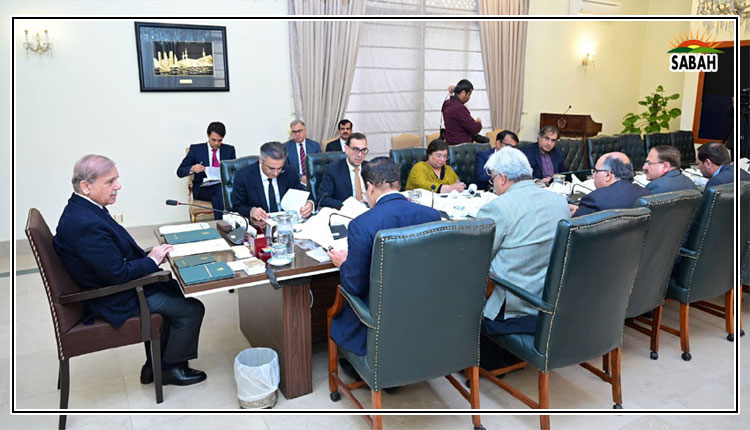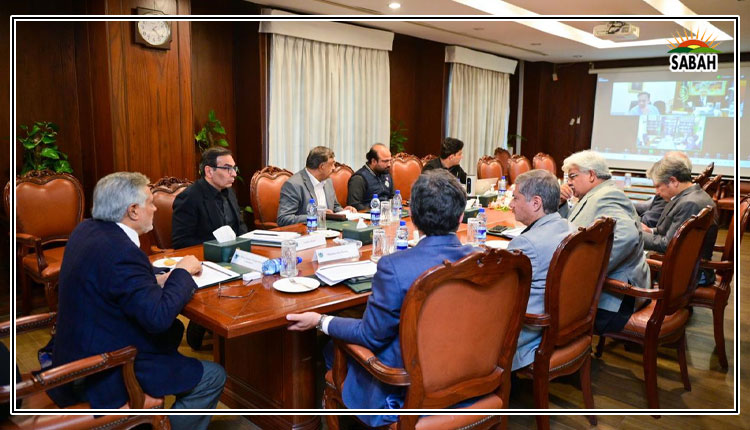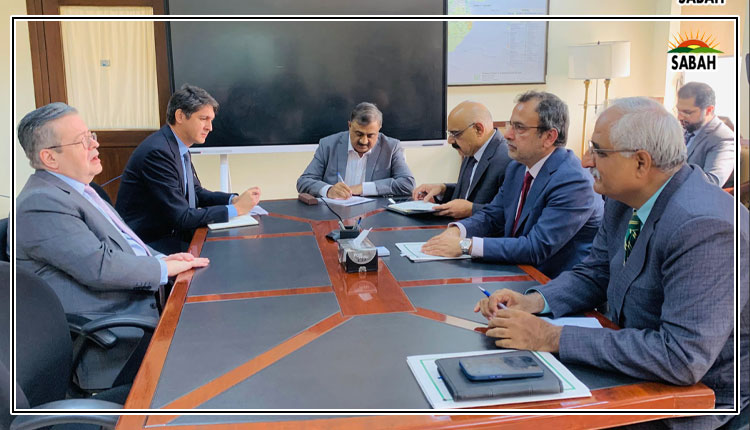Fuelling economic growth through IT…Mohsin Saleem Ullah
Economies worldwide rely heavily on tax collections, which serve as a fundamental component to generate revenue for the government and finance social services projects to support impoverished segments of society. Like any other developing economy, Pakistan collects less than 15% of its GDP in taxes as compared to 40% collected in developed nations. Due to the low collection of taxes and the skyrocketing cost of funding social infrastructure and public welfare projects, Pakistan always falls short of money, leading the country to turn to international financial institutions (IFIs) for bailout packages or begging from economically sound friends.
Throughout the preceding years, IFIs such World Bank, Asian Development Bank and IMF have been providing technical assistance to FBR, and revenue administration at the federal and provincial levels to chalk out plans for addressing Pakistans unresolved tax issues. Through the IMF 2019-2023 programme, an increase in tax revenue collection by 4-5% of GDP through personal and corporate income tax reforms was expected. However, by the end of the programme, the countrys tax collection as a ratio to GDP declined. Regrettably, despite the IFIs-funded tax reform projects, the results have been unsatisfactory due to the theoretical solutions that often dont work in our scenarios. For instance, the World Bank once suggested a delusional solution of voluntary tax compliance, which perhaps could work in a developed economy, but is hard to implement in a country where tax evaders can easily dodge tax audits, avoid enforcement and skip strict penal actions.
Pakistan needs tailored tax solutions that address the underlying issues by defining the vision of our tax policy, and ensuring its full compliance in light of the principle of equity so that all equal persons are taxed equally, and all unequal should be taxed unequally. Regrettably, in this country, this principle has been misinterpreted, as the rich pay the least, whereas the salaried class and a few businesses carry the tax burden of the whole country.
Amid this economic turndown, there is one sector that can potentially help the country stabilise its dwindling economy and escape future economic woes the IT sector. Despite the governments awful tax policies, Pakistans IT exports have reached a mere $2.6 billion, as per a recent report in this newspaper. The absence of a business-friendly climate for the tech ecosystem, along with complex red bureaucratic tape, makes investors avoid such markets, especially in the presence of regional countries like India, the Philippines, and even Bangladesh which incentivise tech businesses by providing income tax exemption for the first five years.
Our tax policy goal is to collect maximum revenue through high tax rates without even broadening the tax base, which brings tax collection and IT growth at odds with each other. For FY24, the government slashed taxes on IT firms to help boost their growth and made the tech freelancers income tax-free. But people associated with the IT sector are still paying up to 35% tax on their salaries. This translates to the disparity between freelancers and tech employees, which poses a major challenge for the IT sector to retain talent.
Tech Giants like DevsInc a Pakistani software company with an employee base of over 1,500 and a presence in multiple countries with an employee retention rate of 94% is deeply concerned about the issue of high taxes on salaried tech employees. If the government does not consider slashing exorbitant taxes on IT employees, it may hamper the industrial growth. On the contrary, lower taxes will help retain skilled workers and flourish local IT industry, thereby helping the economy recover and rebound.
Our IT industry has the potential to transform our economy and push our exports to a record high. The government should come up with a well-articulated tax policy that overcomes the internal challenges and supports growth in the tech sector to help the countrys economy.
Courtesy The Express Tribune


